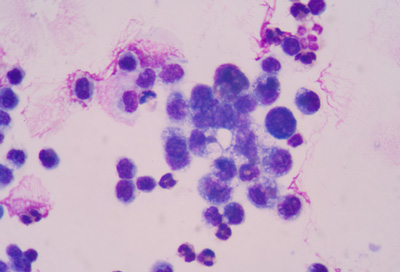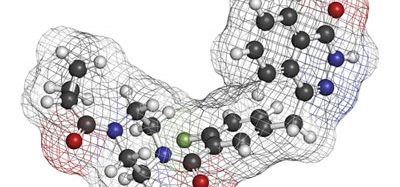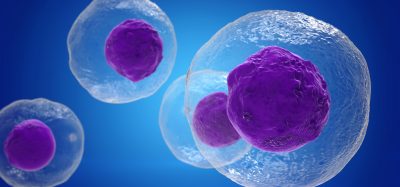Human Cancer Models Initiative could transform research
Posted: 11 July 2016 | Victoria White, Digital Content Producer | No comments yet
An international project to develop a large, globally accessible, bank of new cancer models for the research community launches today…


Internationally renowned institutions and charities are joining forces to develop the Human Cancer Models Initiative (HCMI).
The National Cancer Institute (NCI), Cancer Research UK, the Wellcome Trust Sanger Institute and Hubrecht Organoid Technology will combine their expertise to make around 1,000 cancer models.
Using new techniques to grow cells, scientists can make models which will better resemble the tissue architecture and complexity of human tumours than the cell lines used today.
Automation now plays a central role in discovery. From self-driving laboratories to real-time bioprocessing
This report explores how data-driven systems improve reproducibility, speed decisions and make scale achievable across research and development.
Inside the report:
- Advance discovery through miniaturised, high-throughput and animal-free systems
- Integrate AI, robotics and analytics to speed decision-making
- Streamline cell therapy and bioprocess QC for scale and compliance
- And more!
This report unlocks perspectives that show how automation is changing the scale and quality of discovery. The result is faster insight, stronger data and better science – access your free copy today
Explaining more about the initiative, Dr Louis Staudt, director of NCI’s Center for Cancer Genomics, said: “As part of NCI’s Precision Medicine Initiative in Oncology, this new project is timed perfectly to take advantage of the latest cell culture and genomic sequencing techniques to create models that are representative of patient tumours and are annotated with genomic and clinical information. This effort is a first step towards learning how to use these tools to design individualised treatments.”
Improved cancer models
Scientists will make the models using tissue from patients with different types of cancer. This could potentially include the often under-represented rare and children’s cancers. The new cancer models have the potential to reflect the biology of tumours more accurately and better represent the patient population.
Dr Mathew Garnett, group leader at the Wellcome Trust Sanger Institute, said: “New cancer model derivation technologies are allowing us to generate even more and improved cancer models for research. A concerted and coordinated effort to make new models will accelerate this process, while also allowing for rapid learning, protocol sharing, and standardised culturing methods.”
The tumour and the derived models will be genetically sequenced. Researchers will have access to this information, as well as the anonymised clinical data about the patients and their tumour. Though this, HCMI could transform research and will allow scientists to study many aspects of cellular biology and cancer. This, in turn, could lead to the development of precision medicine treatments.







